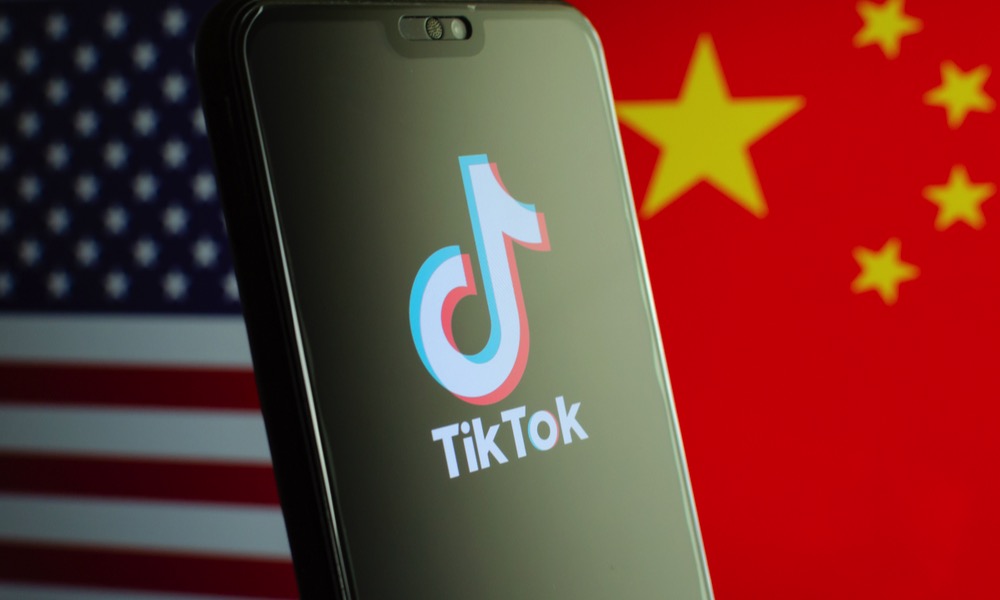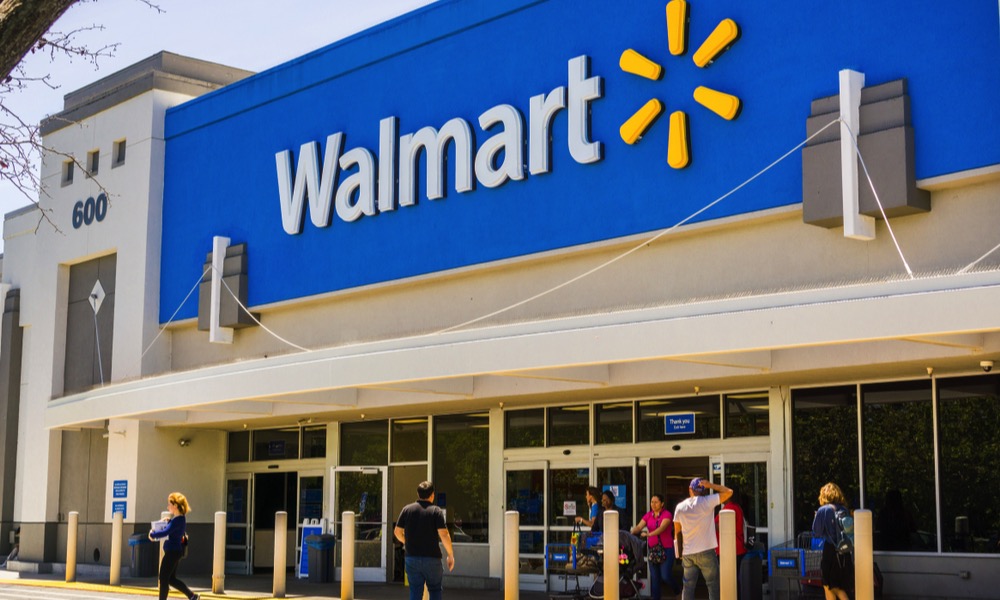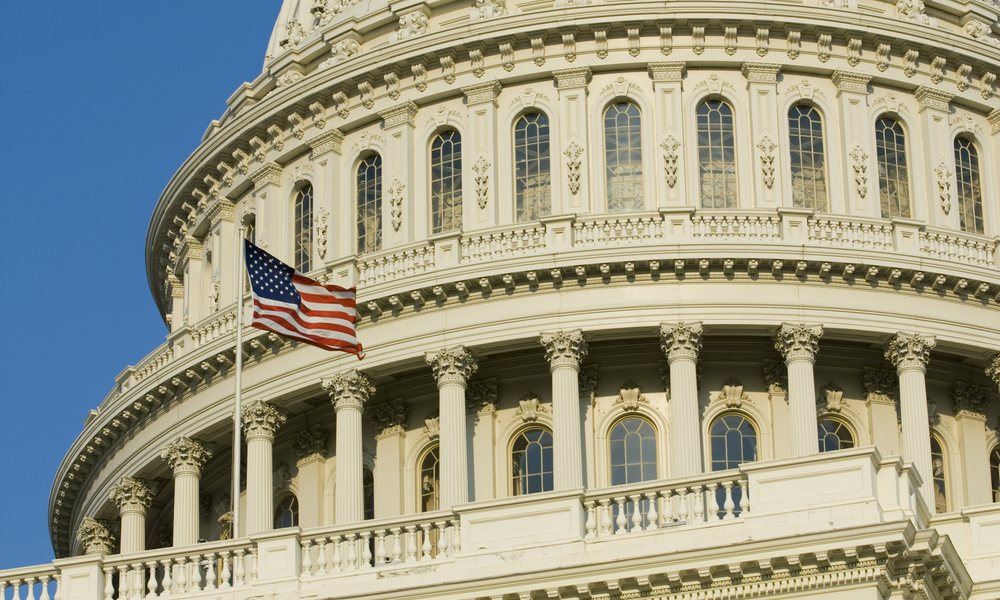Lawmakers Remind Apple’s CEO of Looming Ban as TikTok Appeals
 Credit: Ascannio / Shutterstock
Credit: Ascannio / Shutterstock
Toggle Dark Mode
Just in case Apple CEO Tim Cook wasn’t already well aware of his legal responsibilities, US lawmakers are making sure he knows that Apple has to turf TikTok from the App Store on January 19.
Following a ruling by the US Court of Appeals for the District of Columbia Circuit earlier this month upholding the looming ban on TikTok, Representatives John Moolenaar (R-MI) and Raja Krishnamoorthi (D-IL), Chairman and Ranking Member of the awkwardly-named “House Select Committee on the Strategic Competition Between the United States and the Chinese Communist Party,” sent a letter to Apple’s Chief Executive, reminding him that he should start taking steps now to “ensure [Apple] can fully comply with this requirement [to ban TikTok] by January 19, 2025.” Google CEO Sundar Pichai received a basically identical letter that merely substituted the word “Google” for “Apple” in the closing paragraph.
The letter reminds both CEOs of the new requirements under the Protecting Americans From Foreign Adversary Controlled Applications Act, which was passed through the House and Senate in March and signed into law by President Biden in April.
As you know, without a qualified divestiture, the Act makes it unlawful to “[p]rovid[e] services to distribute, maintain, or update such foreign adversary controlled application (including any source code of such application) by means of a marketplace (including an online mobile application store) through which users within the land or maritime borders of the United States may access, maintain, or update such application.
Reps. Moolenaar and Krishnamoorthi letter to Apple and Google CEOs
The Act prohibits apps controlled by “adversarial governments” from being distributed in the United States. Since TikTok’s parent company, ByteDance, is based in China, the popular social media app falls under the new legislation. In fact, it was the app that largely inspired it.
The new laws don’t explicitly ban TikTok but state that it can only continue to operate in the US if it’s owned by a company based in a more friendly country. To facilitate this, ByteDance was given nine months to sell off TikTok (“divest it”). In their letters to Cook and Pichai, the lawmakers emphasized that the two companies have been given “ample time” to sort this out but have thus far failed to do so.
Today, we sent a letter to TikTok (attached below for your convenience) highlighting that Congress has provided ample time—233 days and counting—for the company to take the necessary steps to comply with the law and urging them to, in accordance with the timeline prescribed in the Act, immediately execute a divestiture that protects U.S. national security.
Reps. Moolenaar and Krishnamoorthi letter to Apple and Google CEOs
That’s mostly because TikTok’s CEO, Shou Zi Chew, chose to fight the law instead in what turned out to be a failed attempt to get it declared unconstitutional, based largely on free speech rights under the First Amendment. Chew wasn’t alone in this struggle, as the American Civil Liberties Union (ACLU) has also vocally opposed the bill on Free Speech grounds, but neither has managed to convince the courts that Free Speech trumps National Security in this case.
TikTok’s Options

TikTok can still appeal to the US Supreme Court, which it plans to do. However, since that takes time, it’s also filed a petition for injunctive relief, asking a federal appeals court to put things on hold to give the Supreme Court time to rule on the case and provide the incoming Trump administration a chance to save the day.
President-elect Trump has himself publicly announced “I’m gonna save TikTok,” […] his incoming National Security Advisor stated that “[w]e absolutely need to allow the American people to have access to that app”; and one of his announced nominees for a Cabinet post (RFK Jr.) has filed a separate petition challenging the Act.
TikTok Emergency motion for injunction pending Supreme Court review
In the filing, TikTok reminds the court that the new administration is likely to take steps to reverse or at least suspend the law (although legal experts have questioned its ability to do so), and therefore, “it would not be in the interest of anyone” to effectively waste the Supreme Court’s time with “emergency” litigation over an Act that could be halted “mere days or weeks later.”
The case would likely still need to go to the Supreme Court for a final decision since the President doesn’t technically have the power to summarily overturn an act passed by Congress. However, it may be possible for its enforcement to be temporarily suspended by an Executive Order. The divestment clause in the act already makes a provision for the President to extend the deadline by three months. Still, it’s unclear whether any extension can be granted after the deadline has passed — which happens before the new President takes office.
Whether the Supreme Court will hear the case is another matter, but TikTok believes it’s an “exceptionally important case” likely to get the Court’s attention due to its intersection of Free Speech and National Security issues and the Constitutional issues surrounding it.
If the Supreme Court agrees to take the case, it would likely issue its own injunction to pause the January 19 deadline while it comes to a decision. However, several legal experts remain skeptical that it will intervene, as the unanimous DC Circuit court opinion, written by two judges who the Supreme Court tends to side with, made it clear that they believed their ruling was made to protect free speech in the United States, not stifle it.
The First Amendment exists to protect free speech in the United States. Here the Government acted solely to protect that freedom from a foreign adversary nation.
Judges Douglas Ginsburg and Neomi Rao, US Court of Appeals for the District of Columbia
It’s also anybody’s guess what action President-Elect Trump might take. While he’s promised to “save” TikTok, partly because he believes its shutdown would allow “Facebook and Zuckerschmuck [to] double their business,” this doesn’t necessarily mean he’ll allow the status quo. The consensus among industry watchers has been that he’ll try to broker a deal instead to have TikTok change hands.
On an episode of The Vergecast earlier this week, host Nilay Patel made a “medium prediction” for 2025 that Walmart would buy TikTok. Co-host David Pierce and the Wall Street Journal’s Joanna Stern agreed that it’s a real possibility because Trump is very likely to push for a sale to a US company. Other ideas were floated, but Walmart seemed most likely to the trio because of the possible antitrust concerns that could emerge from other suitors like Amazon, which “is terrified of TikTok because it’s basically QVC,” but is already being scrutinized by the Justice Department.

The other big tech companies will basically say no. So you’re kind of stuck with the other big store. Because that’s all TikTok is, is a funnel into TikTok shop.
Nilay Patel, The Vergecast
The three tech journalists agreed that a sale was likely because Trump is a “deal maker.” Frank McCourt, a billionaire who’s best known for owning the Los Angeles Dodgers and has the muscle to make such a thing happen, echoed the idea on CBS’ Face the Nation on Sunday, saying that he’s working with a group of investors to buy the US piece of TikTok to the tune of around $20 billion, and believes that this is in line with what the President-Elect has in mind:
President Trump is a deal maker. We know that. I’m a deal-maker. Okay? I’ve been doing business deals my entire- my entire life. Let’s make a deal where everybody wins, where China’s able to sell the US portion of TikTok, where American citizens are protected, and where there’s- and 170 million users continue to enjoy the platform. So he has said he doesn’t want it banned, which means a sale.
Frank McCourt

Of the three options available — an overturn, a ban, or a sale — McCourt agrees with legal experts that an appeal isn’t likely to work out, as the legislation was passed with strong bipartisan support — Trump’s pick for Secretary of State, Marco Rubio, vocally supported the bill in his role on the Senate Intelligence Committee — and the appellate court unanimously upheld the government’s side. McCourt has seen that writing on the wall since the bill was passed and said he’s been “working for the last eight months” to be “in a position to buy the US portion of TikTok so it’s not shut down.”
If a US company makes a successful bid to acquire TikTok, and ByteDance is willing to sell, it will do so “without the algorithm that recommends videos to TikTok users,” as The Information reported earlier this year. The Chinese company considers those to be trade secrets that are core to its other more significant businesses. However, as the folks on The Vergecast pointed out, that algorithm may not be as significant as people think.
What makes anyone think that people can perceive the quality of an algorithm?
Nilay Patel, The Vergecast
Patel acknowledged that the algorithm was a big deal when TikTok was new and growing, as it helped people find interests and fine-tune their feeds. However, these don’t seem to matter anymore in a world where “we can watch Elon Musk just like dial the Twitter algorithm at will,” and other video platforms, like Reels and Shorts, seem to do just as well without ByteDance’s supposedly magic algorithm.
No matter what happens, it will be interesting to see it all unfold over the next month. It seems clear that the wind is blowing in the direction of a sale, but it remains to be seen whether that will happen by January 19. Unless the courts intervene, TikTok could end up disappearing for a day or two from the App Store and Google Play, only to be reinstated by Executive Order two days later when the new administration takes power.







